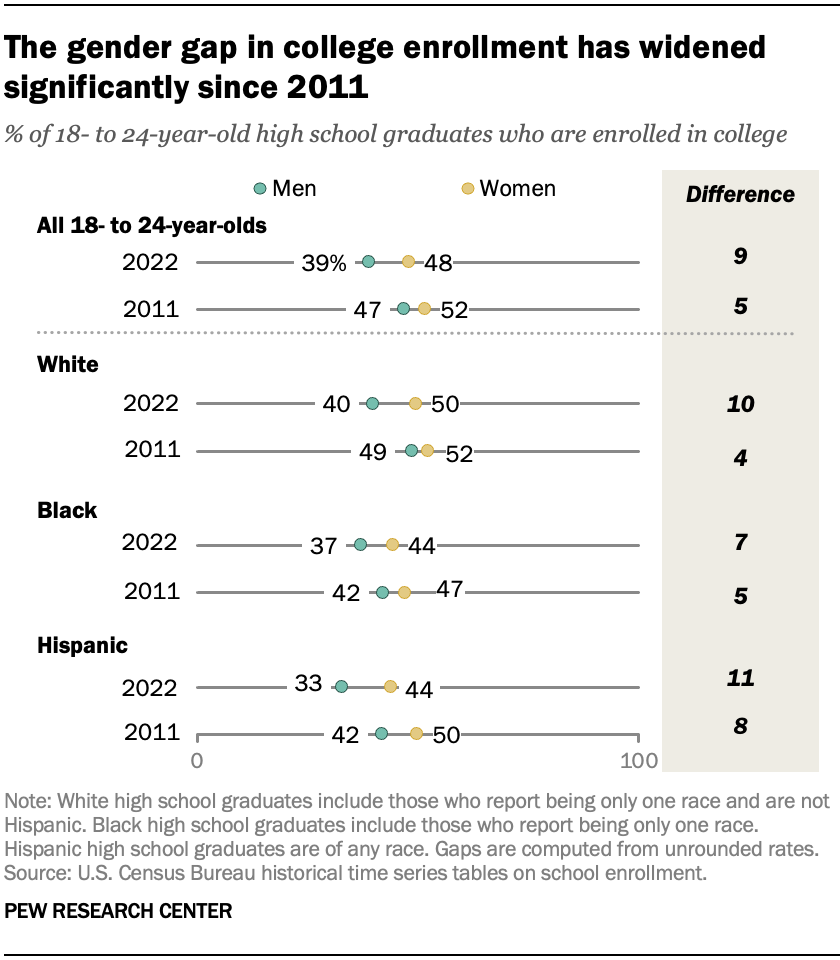Weekly Groundings are published every Friday to highlight the most interesting news, links, and writing I investigated during the past week. They are designed to ground your thinking in the midst of media overload and contribute to Handful of Earth’s broader framework. Please subscribe if you’d like to receive these posts directly in your inbox.
Without further ado, here’s this week’s Weekly Grounding:
“America’s Cultural Supremacy and Geopolitical Weakness”
In this perceptive column at The Financial Times, Janan Ganesh juxtaposes the massive influence of American culture abroad with the country’s present crisis in geopolitical influence: “America has more cultural reach now than it did in its supposed unipolar moment of the 1990s…To adapt what Jefferson said about France, everyone, or at least everyone educated and liberal, seems to have two countries now: their own and America. All the while, the geopolitical clout of the US wanes. Recent months have been a tutorial in Washington’s limited purchase on the Middle East. The once-uncontested superpower has also failed to persuade much of the world to participate in sanctions against Russia. It has little to show for 20 years in Afghanistan. The Bretton Woods institutions are fighting for relevance. The proliferation of armed conflicts, set out in a recent report from the International Institute for Strategic Studies, suggests that Pax Americana is giving way, if not to Pax Sinica then to no kind of Pax at all. As during the cold war, the US struggles to corral the ‘global south,’ which was called the ‘third world’ at the time, and will be called something else soon, when liberal protocol moves on in all its clockwork fickleness.”
“How Much Is Biden’s Support of Israel Hurting Him With Young Voters?”
The impact of American geopolitical weakness abroad is increasingly reflected in domestic politics. In this New York Times report, Nate Cohen notes the striking development that “For the first time, Mr. Trump leads President Biden among young voters in a Times/Siena national survey, 49 percent to 43 percent. It’s enough to give him a narrow 46-44 lead among registered voters overall.” The survey suggests that “The young Biden ’20 voters with anti-Israel views are the likeliest to report switching to Mr. Trump.” Given Biden’s polling struggles (discussed previously in Weekly Grounding #17 and Weekly Grounding #26), be on the lookout for escalating efforts to neutralize Trump and other competitors by legal or extralegal means.
“Why Liberalism and Leftism Are Increasingly at Odds”
- analyzes these and other aspects of the domestic fallout from the conflict in Israel and Gaza at The Silver Bulletin. He argues that the progressive coalition that has carried Democratic Party electoral victories in recent decades is under increasing strain following October 7th. Silver writes: “I suspect that an increasing number of liberals will a) more clearly recognize that they belong to a different political tribe than the SJLs [Social Justice Left] and even b) will see SJLs as being just as bad as conservatives. And this will cut both ways; some SJLs will regard liberals as just as bad as conservatives — enough so that they might even be willing to deny a vote to Biden. All of this is quite bad for the progressive coalition between liberals and the left that’s won the popular vote for president four times in a row.” For more on post-October 7th domestic political (re)alignments, see Weekly Grounding #26, Monthly Muse 10/2023, and “The ‘Free Speech’ Right Embraces Cancel Culture.”
“Fewer Young Men Are in College, Especially at 4-year Schools”
This new Pew Research Center report documents decreasing college enrollments since 2011 driven by a rapid decline in men attending 4-year institutions: “About 1 million fewer young men are in college but only 0.2 million fewer young women. As a result, men make up 44% of young college students today, down from 47% in 2011, according to newly released U.S. Census Bureau data. This shift is driven entirely by the falling share of men who are students at four-year colleges. Today, men represent only 42% of students ages 18 to 24 at four-year schools, down from 47% in 2011.” The data on race is particularly interesting, with the widest intra-racial gender gap increase witnessed between white men and women: “Young White women who have finished high school are now 10 percentage points more likely to be enrolled in college than similar men. In 2011, the difference was only 4 points.” The following graphic summarizes the enrollment gender gap by race:
For more on this topic, see Weekly Grounding #3.
“Students Could Get More Sleep and Learn Better if School Started a Little Later”
The gender achievement gap between boys and girls is increasingly visible before college, as well, likely playing a significant role in the aforementioned trends in college enrollment. At The Conversation, Joanna Fong-Isariyawongse advocates for one simple policy change that would benefit both boys and girls: pushing K-12 school start times back to allow all students to get more sleep. Given the behavioral problems disproportionately exhibited by male students, this change could also help address root causes of the gender achievement gap: “Sleep-deprived students are also more likely to demonstrate aggression, struggle with social communication and engage in risk-taking behaviors. One study found that the amount of sleep that high school students get is directly related to their engagement in unsafe behaviors, such as substance abuse, risky driving, aggressive behavior and tendency toward self-harm.”
“The Pseudo-Religion of Psychedelics”
In a fascinating essay at Compact Magazine,
argues that “As orthodox religion recedes in America, all manner of alternative histories rush in to fill the God-shaped hole. Among the stranger stories are the ones that seek not only to propose new spiritual modes of living, but try to reformulate existing histories on new and sometimes bizarre bases. Enter the high priests of techno-psychedelia, who are turning our obsession with ‘creative destruction’ toward the sacred mytho-psychological underpinnings of Western civilization.” Kitchens reviews psychedelic pharmacology activist Brian Muraresku’s book, The Immortality Key, “which seems to assume that simply giving everyone psychedelics will fix everything. Nor is there any critique of technology and capitalism. And that is fitting. An experience of transcendence instantly occasioned by a drug but leading to no systemic change isn’t revolutionary. It is instead a powerful tool for the captains of industry who need a never-ending supply of laborers just happy enough to show up and clock in.” For further historical background on the precursors to Muraresku’s “techno-psychedelia,” see my essay, “Ted Kaczynski and the Paradox of the Postwar Predicament.”
- offers an enthralling glimpse into the “techno-feudal” lifeworld of contemporary London. Part autobiography, part ethnography, and part economics, it’s a long essay, but well worth the read. It’s hard to pick an excerpt, but this was one of my favorite paragraphs: “Trying to be a 1970s punk in a 2023 London is like trying to be a wild ferment in pasteurised milk. What makes a place feel ‘commercial’ is when the values of efficiency, ‘convenience’ and accumulation take over from all others, and the holistic spirit is slowly evicted. Commercial culture sterilises - or pasteurises - the environment of any parts of the human spirit that don’t act to support its aims.”
What grounded your thinking this week? Feel free to share in the comments.




The War on Informality is a superb read!